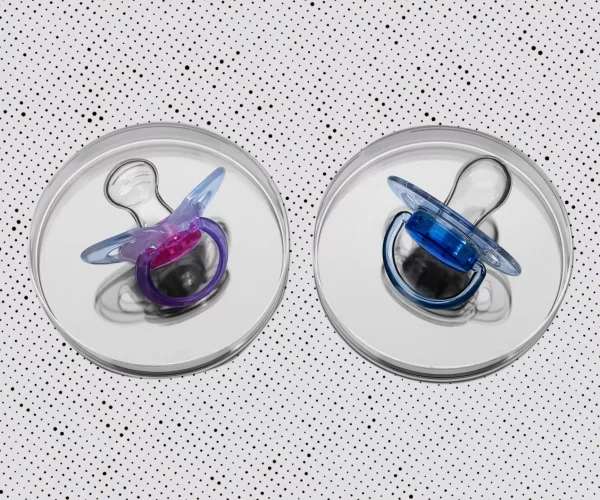Fertility treatments have become a common way of helping couples become pregnant. With the advancement of technology, fertility treatments are becoming more accessible worldwide. Fertility treatments can help women with difficulty conceiving naturally or those with underlying medical conditions that make it difficult to conceive. Many fertility treatments are available, and every kind of treatment has advantages and disadvantages; hence it is advisable to discuss these options with your doctor at Bedford CARE Fertility before deciding which is best for you.
The first step is to consult your doctor for an evaluation. That will know the main cause of infertility, carry out some tests, and eventually know the right treatment. These are some of the fertility treatment options you should know:
Intrauterine insemination (IUI)
It is a fertility procedure that can aid couples having trouble getting pregnant. To increase the likelihood of fertilization and pregnancy, sperm is placed inside a woman’s uterus. When other fertility treatments have failed, or there is male factor infertility, IUI is frequently used.
Additionally, it can be a cheaper alternative to more expensive procedures like in vitro fertilization (IVF). As a less invasive, more affordable fertility treatment method, IUI has grown in popularity with couples looking to start or grow their family.
In vitro fertilization (IVF)
The medical procedure known as in vitro fertilization (IVF) has completely changed how infertility is treated. It entails taking eggs out of a woman’s ovaries, fusing them with sperm in a dish, and placing the resulting embryo inside the uterus. IVF has made it possible for thousands of couples who otherwise would not have been able to conceive naturally to have children.
Additionally, it has made it possible for same-sex couples and single women to have children naturally without using donor sperm or eggs. Despite its success, IVF still has high costs and moral dilemmas regarding embryo selection and genetic testing. IVF will continue to be a viable option for those having trouble getting pregnant, thanks to ongoing research and technological advancements.
Donor eggs
They are a valuable resource for those unable to conceive a child using their eggs. Donor eggs allow infertile couples to have a baby that is genetically related to one of them while the other partner carries the pregnancy. This process can be done through in vitro fertilization (IVF) and involves retrieving donor eggs from a donor, fertilizing them with sperm, and transferring them into the recipient’s uterus. The recipient then carries the pregnancy until birth. Donor egg programs offer hope to many couples who would otherwise be unable to have children.
A gestational carrier (Surrogacy)
It is a process where a woman agrees to carry and give birth to a child for another person or couple. It is an increasingly popular family-building method for those unable to conceive or carry a pregnancy themselves. Gestational carriers provide an invaluable service that can help many couples realize their dream of having children.
Gestational carriers are carefully screened and selected by fertility clinics to ensure the safety of the child and the surrogate mother throughout the entire process. They undergo extensive medical and psychological testing before they are approved for surrogacy. Once accepted, gestational carriers undergo rigorous prenatal care, including regular doctor visits and ultrasounds, as well as lifestyle counseling and support services during the pregnancy.
If you experience fertility challenges, speak to your fertility specialist at CARE Fertility.




